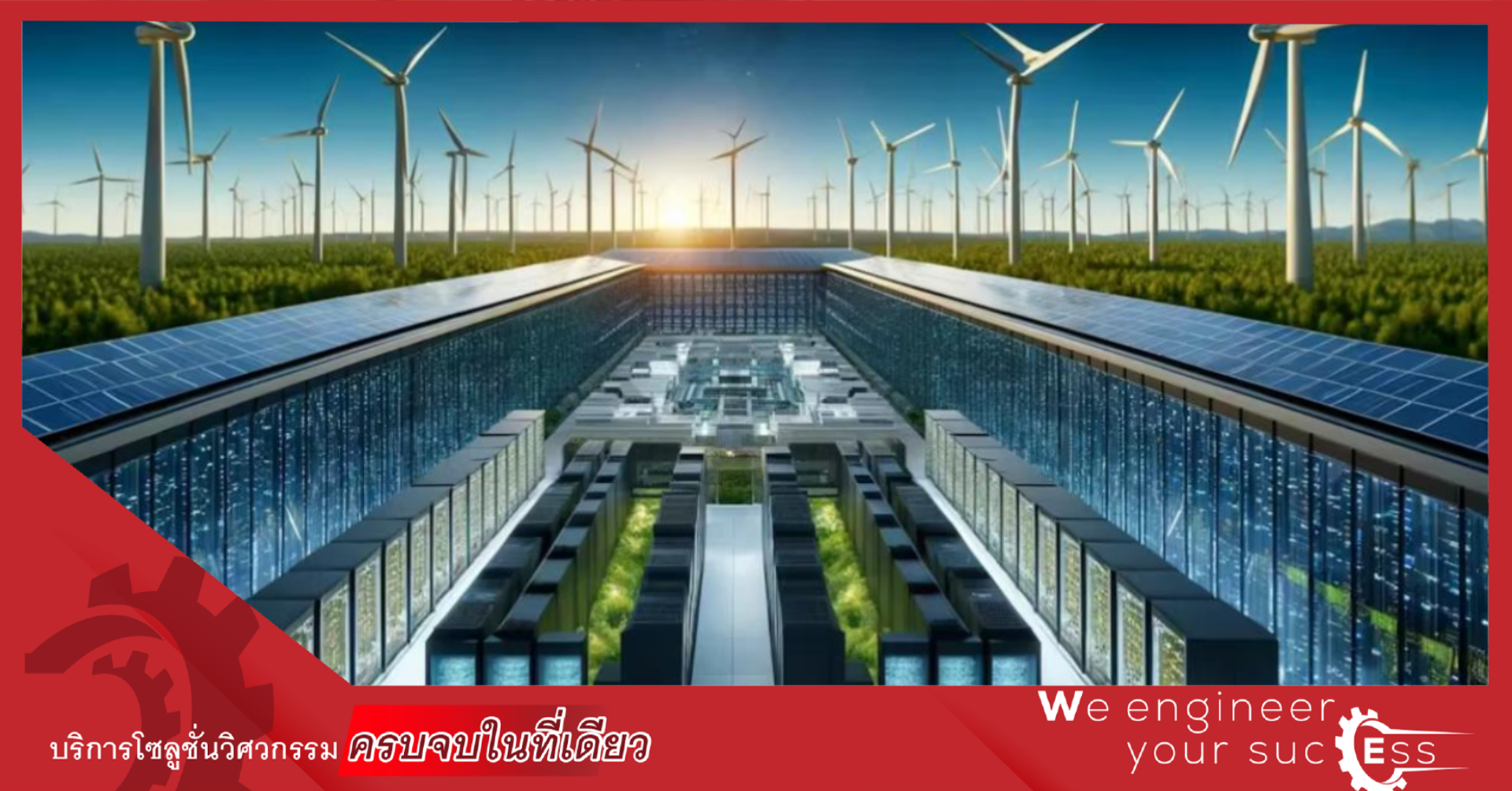What Is a Data Center?
A Data Center is a large facility filled with thousands of servers, storage systems, and computing equipment that serve as the digital backbone of the global economy. Every activity in the online world — from video streaming (Netflix, YouTube) to social media, cloud computing, and e-commerce transactions — relies on data centers to process, store, and deliver information seamlessly across the globe. In short, Data Centers are the powerhouses of the digital era.
Why Do Data Centers Consume So Much Electricity?
Data Centers are among the most energy-intensive industries worldwide, accounting for approximately 1–3% of total global electricity consumption. Their energy demand primarily comes from three critical systems:
1. IT Equipment (Servers): Operating 24/7 to process and manage digital workloads.
2. Cooling Systems: Servers generate substantial heat, requiring large-scale air-conditioning and liquid-cooling systems to maintain optimal temperature and prevent overheating.
3. Uninterruptible Power Supply (UPS): Ensuring 24-hour energy reliability with backup power systems and redundant infrastructure.
As the demand for cloud services and artificial intelligence (AI) grows exponentially, energy consumption by data centers continues to rise, creating new challenges for sustainability.
Why Must Data Centers Go Green?
The vast energy requirement means that data centers are major carbon emitters, especially when powered by fossil fuels. Transitioning to green or renewable energy is therefore essential for both environmental and business reasons:
1. Customer and Partner Expectations: Global technology leaders — such as Google, Amazon, and Microsoft — as well as industrial clients are committed to Net Zero targets. They require their data-center partners to operate entirely on renewable electricity.
2. Competitive Advantage: Access to clean, reliable energy has become a key differentiator for attracting foreign investment and maintaining competitiveness in the global digital economy. In many cases, investors prioritize countries where renewable power procurement is transparent and accessible.
Thailand’s Government Policy: Empowering Green Data Centers
Thailand is positioning itself as a regional hub for sustainable digital infrastructure. Under the “Quick Big Win” policy, the Ministry of Energy is promoting clean-energy investment through the Direct Power Purchase Agreement (Direct PPA) framework. A mechanism that allows data centers to purchase renewable electricity directly from producers, such as solar and wind farms.
This regulatory reform is a turning point for investors, enabling long-term power price stability, lower carbon footprints, and compliance with international ESG standards. It also aligns with Thailand’s commitment to achieve Net Zero emissions by 2050, while strengthening the country’s appeal to global hyperscale data-center operators.
Data Centers are the backbone of the digital economy, yet they come with enormous energy demands. By promoting Direct PPA mechanisms and expanding access to renewable energy, Thailand is not only reducing environmental impact but also creating new business opportunities in the clean-energy sector.
This alignment between digital growth and sustainable power marks a new chapter for Thailand — positioning the nation as an eco-friendly digital hub of Southeast Asia, where technology and sustainability grow hand in hand.


